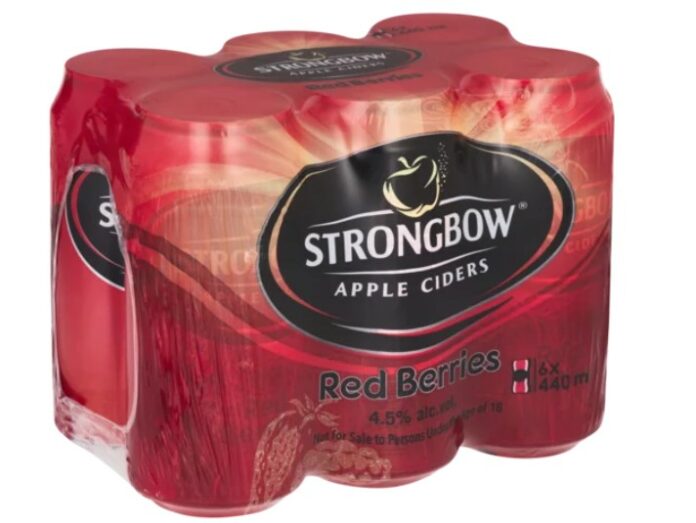The race is on for black businesspeople, colloquially referred to as the historically disadvantaged persons (HDPs), to get their hands on the Strongbow cider brand as part of conditions attached to the R40-billion merger of Distell and Heineken.
The Competition Tribunal approved the merger this week, nearly two years after the deal was first announced.
Heineken owns Strongbow, which competes with Savanna and Hunters, which are owned by Distell. To address this overlap in the cider market, the tribunal said Heineken had to divest its Strongbow business in South Africa to an independent licensee that is majority-owned by HDPs.
“The divestiture will take the form of a perpetual, royalty-free licence by Heineken Group to an independent licensee to exclusively produce, market, distribute and sell the Strongbow brand in South Africa, Botswana, eSwatini, Lesotho, and Namibia,” the tribunal said.
“The Competition Commission will monitor the divestiture to ensure the Strongbow business is divested with the aim to maintain the ability of the business and the Strongbow brand to compete in the market going forward. Among others, the Strongbow licence holder will have to be approved by the commission and the licence acquisition must be notified to the commission. In addition, if
Heineken is unable to implement the divestiture within a specified period, it will appoint an independent trustee approved by the commission to divest the Strongbow business.”
The tribunal also said Heineken Group had to provide the licensee with global marketing and innovation support services in respect of the Strongbow brand to preserve and maintain the economic and competitive value of the Strongbow brand.
“Such support services should include written guidelines relating to the marketing of the Strongbow brand from time to time; the specifications and recipes for the Strongbow products made by the Heineken Group in other markets; global designs and production and packaging revisions relating to Strongbow; and any global advertising campaign assets, at the time they are being developed by the group.”
Other conditions attached to the deal include that the merged entity will for five years maintain a local procurement benchmark ratio of key inputs from local suppliers, producers and farmers; endeavour to increase local procurement and decrease its imports of finished products.
It will also maintain the merging parties’ existing ratio of procurement from HDPs in South Africa. The merged entity will also have to invest R10-billion over a period of five years to “maintain or grow the aggregate productive capacity of the current proprietary production and manufacturing operations of the merger parties in South Africa together with their productive capacity”.
The merger means Distell will delist from the JSE. Distell produces popular brands such as Savanna, JC le Roux, 4th Street, Bernini and Hunter’s and employs about 4 400 people. It has an annual turnover of R26.1-billion.
Heineken CEO and chairman of the executive board Dolf van den Brink said the group was happy the deal was approved.
“We are very excited to bring together three strong businesses to create a regional beverage champion, with a unique multi-category offer to better serve consumers, customers and create shared societal value across Southern Africa.
“The approval gives the green light to an ambitious package of public interest commitments, including ongoing business investment, broad-based black economic empowerment, job creation, localisation and supplier development, talent development and contribution to the economic development of the region,” said Van den Brink.
For more business news from Sunday World, click here.
Follow @SundayWorldZA on Twitter and @sundayworldza on Instagram, or like our Facebook Page, Sunday World, by clicking here for the latest breaking news in South Africa. To Subscribe to Sunday World, click here



